Paradoxically, some ballet masterworks absolutely depend on tiptop performing to demonstrate how great they are. If they don’t get it, they can look like the dodgiest of curiosities — did people in those days really rate this stuff? A whole genre of fiercely zipped tragedies of feeling emerged in Britain and the US in the 1930s and 1940s, fed by Antony Tudor, Frederick Ashton and Robert Helpmann over here, and Martha Graham and José Limón over there; works that, unlike classical dance, require acting skills of rare force and perfect pitch.
Already a subscriber? Log in
Subscribe for just $2 a week
Try a month of The Spectator Australia absolutely free and without commitment. Not only that but – if you choose to continue – you’ll pay just $2 a week for your first year.
- Unlimited access to spectator.com.au and app
- The weekly edition on the Spectator Australia app
- Spectator podcasts and newsletters
- Full access to spectator.co.uk
Unlock this article
You might disagree with half of it, but you’ll enjoy reading all of it. Try your first month for free, then just $2 a week for the remainder of your first year.

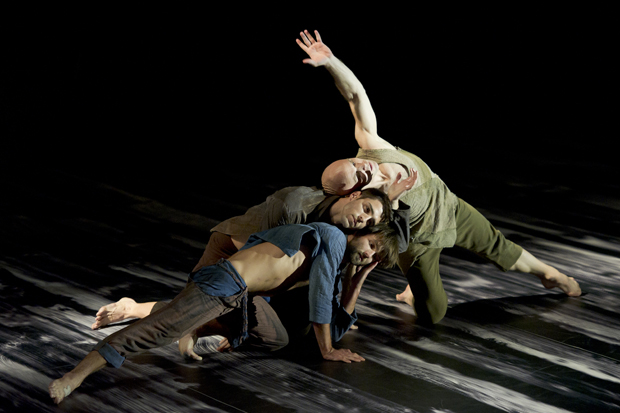
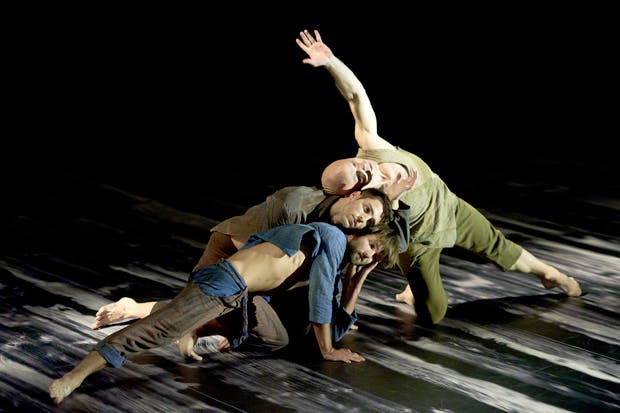


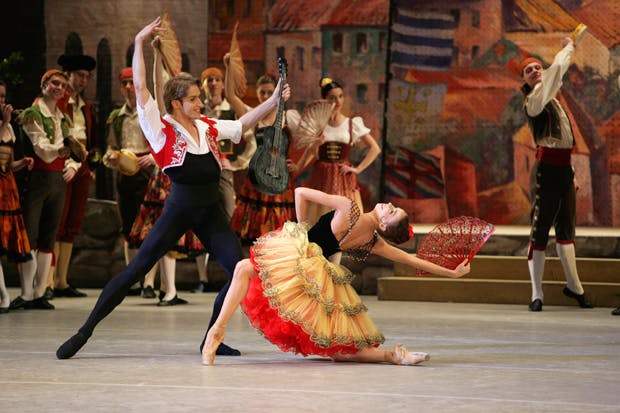
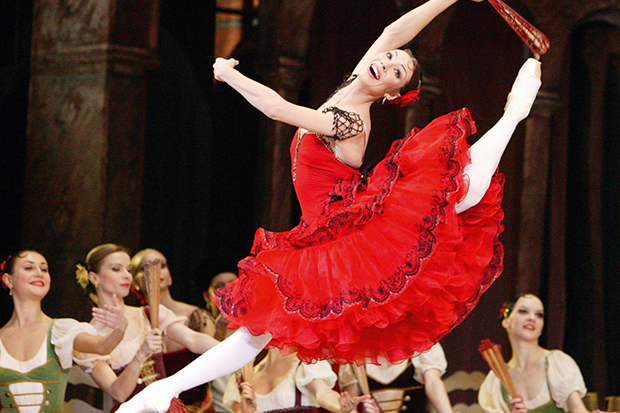
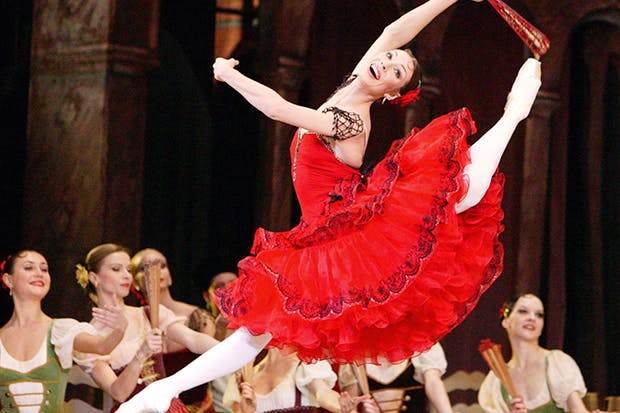
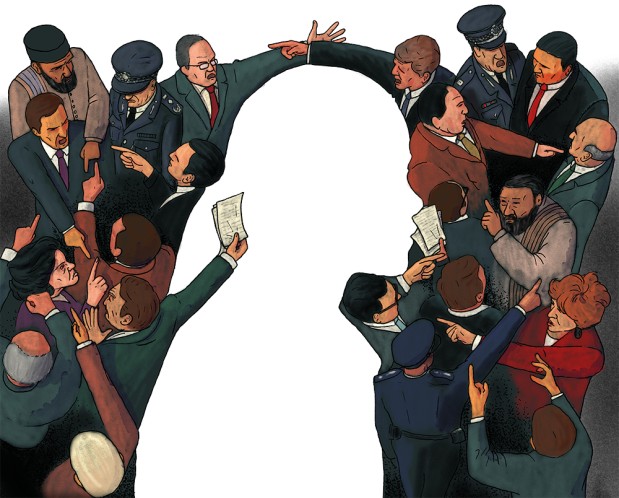





Comments
Don't miss out
Join the conversation with other Spectator Australia readers. Subscribe to leave a comment.
SUBSCRIBEAlready a subscriber? Log in